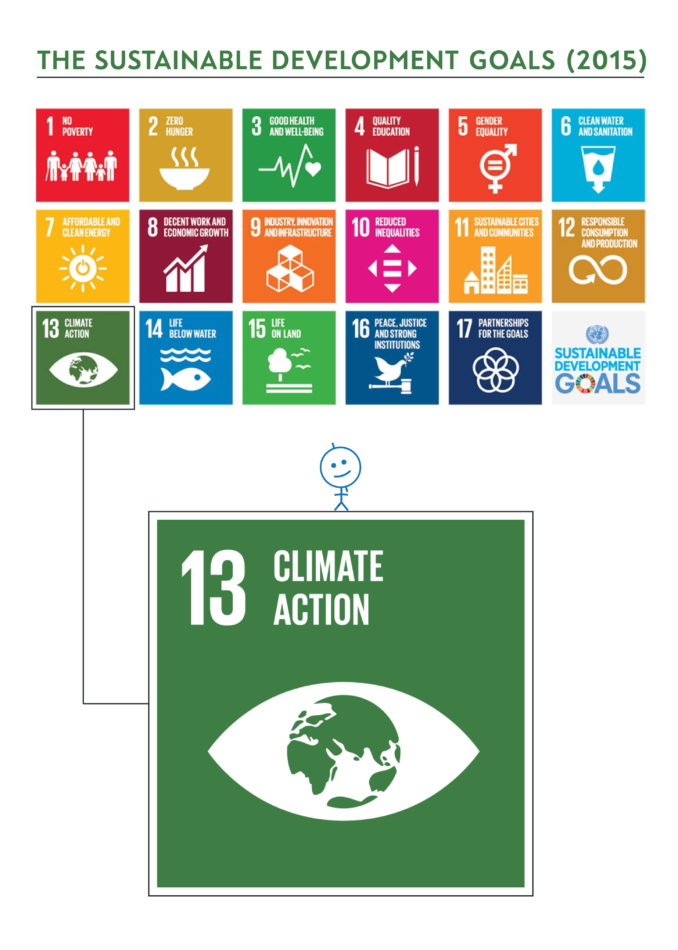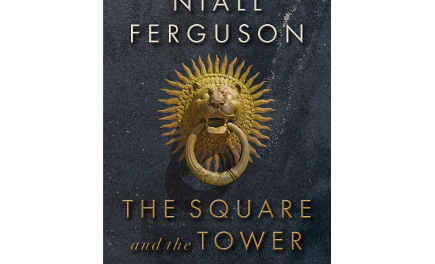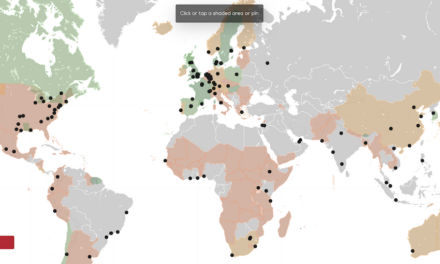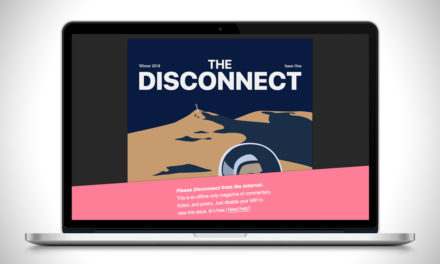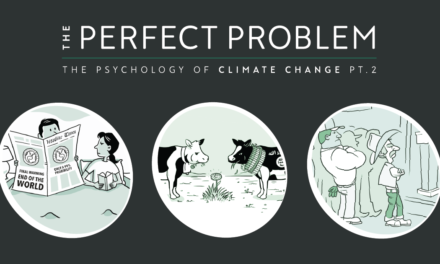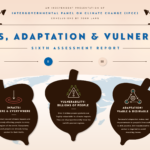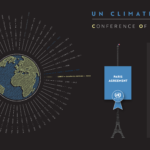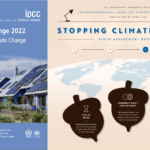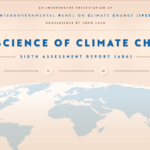Bluey’s Beauty Spot
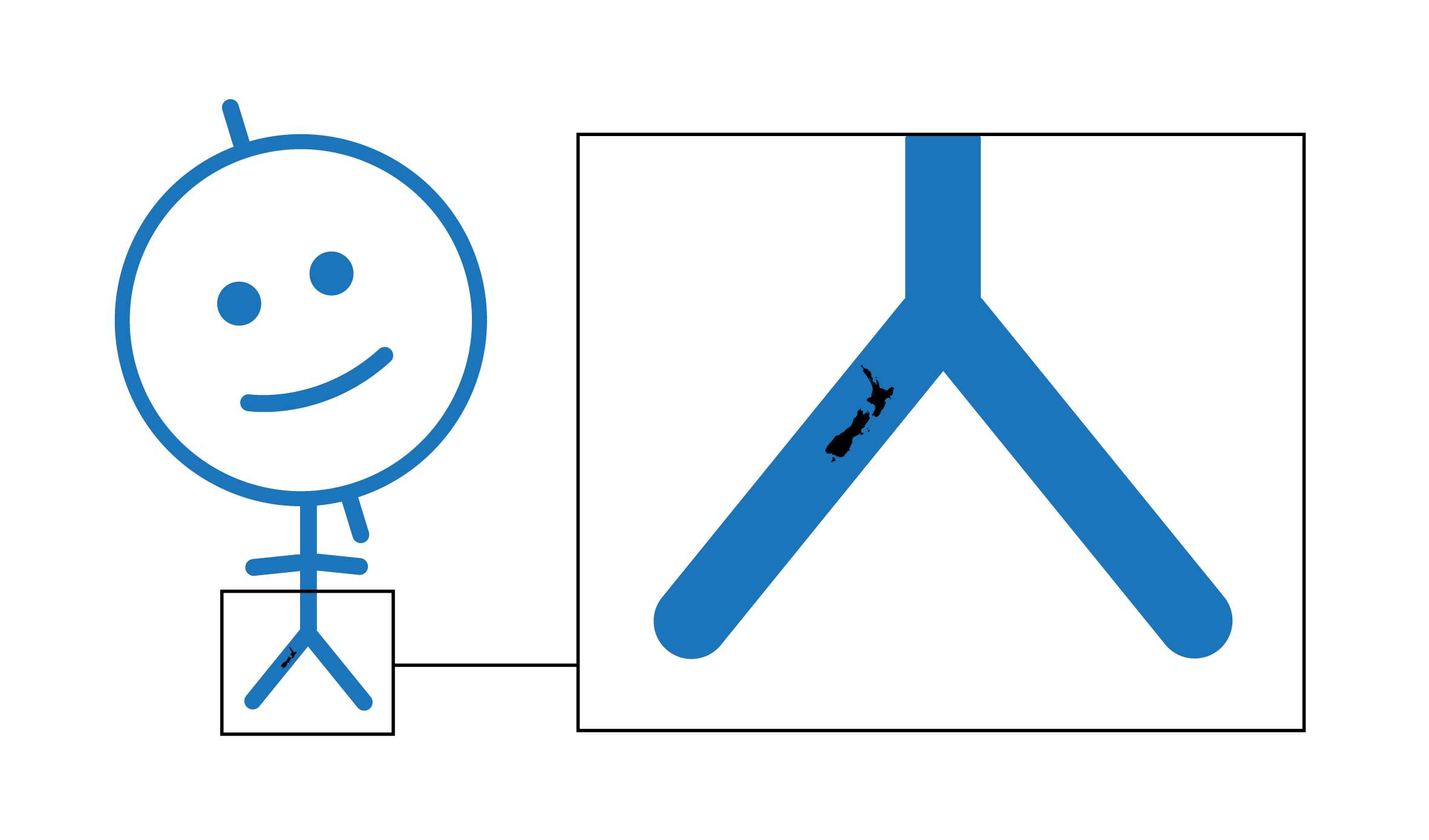
Hi, Pale Blue Dot here. My buddies call me Bluey.
I usually operate by millennia but what a whirlwind few days. On Tuesday, I spotted a strange looking vertical mark on my thigh. Was it a previously dormant birthmark or something more sinister? It was barely noticeable, sure, but after mentioning it to my neighbours Marsy and Venus on Wednesday, I decided to take up their advice.
So there I was Thursday morning spinning off to the Doctor for a check up, and determined to get a complete one at that. You see, it’d been a while between drinks, and just between you and me, I’d had a few niggles of late.
Bluey’s feeling blue
When two hours became three, I knew something was up. Earth scientist Dr Will Steffen, my studious but twangy-sounding GP, eventually hit the mark: “Bluey, the vertical wee thing you’re concerned about is known to most humans as New Zealand, to some as Aotearoa, and to me as God’s Own Country’s little brother.”
Sensing that I had no idea what he was talking about, and with a smile emerging from his face, Doc repeated it in language I could understand:
“Bluey, the medical term for the mark is a ‘Beauty Spot’. But I’ve gotta tell you bluntly, your Beauty Spot will probably be the least of your concerns after today…”
I came to like ‘Doc’ but it took a fair while to get used to his accent and humour. In fact, it was his face and that weathered frown of his that got me worried first.
So as I took in the countless problems he outlined (listed below), I racked my brain and its 4.5 billion year memory for answers. All I found were questions. For example, what are these new things called humans Doc speaks of, and why does he like calling me “Bloke” instead of Bluey?
1. “You’ve got a slight temperature.”
Doc calls this anthropogenic Climate change and warned it could lead to “atmospheric cancer” if more subterranean fossils are released from beneath my skin.
2. “Bloke, your teeth are more brittle than usual.”
Doc insists I get to a dentist pronto, saying it could be one of an Ocean of reasons, including acidification. Ouch.
3. “Your white blood cell count is a bit low.”
Doc calls this ‘Biodiversity loss’ or something. I’d remembered it, but from many years ago.
4. “Why did you dye your hair blonde and have a spray tan for christ’s sake?”
I said I felt like a change. Doc calls it ‘Land-system change’ so might send me to the psychologist just in case.
5. “You’re mildly overdosed on growth stimulants (phosphorus and nitrogen).”
Phosphorus and nitrogen have far greater side effects than first anticipated. The relatively new condition is called ‘Biogeochemical flows’.
6. “OK Bluey, you might have a malignant mole on your bum.”
Doc mentioned something about an ‘Ozone’ hole and ‘depletion’ or he could have just said it’s close to my bum hole.
7. “You’ve had a few minor ‘plumbing’ issues of late, haven’t ya.”
Doc said it wasn’t a major but that I’d probably have to manage it. He’s named it ‘Freshwater use’ so I don’t get too embarrassed. A bit late for that!
8. “You’re having trouble seeing clearly out of your atmosphere, aren’t ya.”
It’s not my clouds getting in the way either, more of a general haze. Doc calls it ‘Atmospheric aerosol loading’.
9. “You wouldn’t read about it, there’s a few pieces of plastic lodged in your gut, and they’re not budging.”
Doc’s worried these ‘Novel entities’ could cause “chemical pollution” over the long-run but says he hasn’t seen a case like this before.
Unearthing humans
Doc labelled my problems “The Nine Planetary Boundaries” but truth be told, I couldn’t have cared less what he called them. I just wanted an explanation.
“Almost eight billion humans and counting I’m afraid,” replied Doc.
Happy in the knowledge I could relate — in years, eight billion is a little under my life expectancy — I prodded him for more. Doc dusted off two files and handed them over. The first, titled A Short History of Nearly Everything was compiled by an “American mate” of his. The second, Sapiens, was by Yuval Noah Harari. I asked Doc if Sapiens had been written by a planet in Andromeda, a galaxy universally renowned for its writers. He ignored me.
As I waited for Doc to finish writing up my results, I flicked through the files.
Both read suspiciously like personal biographies but they also contextualised humans, opening my eyes to their primitive perspective and broadening my planetary one. I do admit to being super impressed they’d worked out my age from radiometric dating. But I couldn’t kick the thought that to survive even my next blink, these humans were really going to have to make some changes.
On a personal note, I was feeling relieved.
It was simple really — I’ve been through far worse than a fleeting infection of Homo sapiens. To take a recent example from about 250-66 million years ago, a considerably longer infection broke out. Dinosaurs, like humans, enjoyed fighting and frolocking. But those dinosaurs knew much better than to mess around with the composition of my atmosphere, oceans, or biodiversity.
In the end, it took an external shock to rid dinosaurs from my body. It’s unlikely that will be needed with this species. So as I clued up further on humans, it became increasingly clear that if I were to leave them to their own internal accord, they’d probably just solve my planetary-boundary problems by eliminating themselves. Easy.
Confident in the knowledge that everything was going to be fine, I was still curious to know what Doc was going to recommended. I began to speak up a bit.
An experimental treatment
It came as a bit of a surprise then when Doc admitted he’d already written a prescription.
“On behalf of my fellow scientists and policy-makers, I handed over the prescription for your planetary-boundary treatment three years ago… Straight to Humans themselves. The United Nations pharmacy prescribed them the Sustainable Development Goals (SDGs) and the Paris Agreement in 2015.”
“But how did you know three years ago Doc, and why give it to them?”
“Because Bluey, everyone’s known for a while. These treatments give your symptoms the potential to improve… It just depends now on what they choose to do and how your body reacts to those choices.”
I immediately asked to look at the prescription documents (which weren’t that long a read). I also did some more thinking.
Was human-centric treatment actually heliocentric treatment in disguise, I wondered.
To be quite clear, I couldn’t care less if humans become extinct like 99.99% of all species before them. But having considered it further — and having got to know them today — it seemed like a shame if I watched them sink 200,000 years in. After all, they’re well-intentioned, if a bit quarrelsome.
“What are their chances Doc?”
“Not brilliant over the medium-to-long term Bluey. As mentioned, they’re currently responsible for 1000 times your background extinction rate, and they’re in the process of laying an extra blanket of greenhouse gases over your troposphere.”
Why’d you not tell them about my previous five mass extinctions Doc? My end-Permian extinction was driven by a similar release of greenhouse gases wasn’t it? What about how they’ve grown prosperous as a civilisation because of my stable climate since my last ice age?
“I’m not their GP Bluey — I merely advised the UN pharmacy on your behalf.”
“Thanks Doc… OK, so what’s my Beauty Spot again? What’s that all about?”
Aotearoa rises
“We’ll likely both agree Bluey. It’s your climate that’s going to dictate matters here, just as you correctly remembered it had in the past…”
I interrupted. “But why’d you make the ‘Climate Action’ goal number 13 on the SDGs then Doc? Shouldn’t you’ve prioritised it?”
“First thing’s first Bluey. Your Beauty Spot rose this year because of its political ambition. It took a stand against the extraction of subterranean fossils under your skin to help prevent the onset of rapid climate change. In human terminology, it rose above the biggest industry in Homo sapiens history.”
“So what are you saying Doc?”
“I’m saying two things Bluey. Human political ambition is paramount to overcome their addiction to subterranean fossils under your skin. I’m also saying you’ll need more Beauty Spots. If you want to see humans make progress on all the other 16 SDGs and survive into the next millennia — which it now seems like you do — much of the stuff under your skin must be kept in the ground by Beauty Spots.”
It made sense.
“To your question about priorities, we recommended number 13 because it’s notoriously unlucky. Three years ago, in 2015, I figured you’d have wanted to get rid of this infection completely. I’m your doctor Bluey, not theirs.”
This story was submitted to New Zealand’s Narrative Imperative to help raise awareness about the 17 Sustainable Development Goals (SDGs), particularly Climate Action (#13). For more context generally about Bluey and a description of his reason for being, check out ‘My Climate Change Metaphors’.
